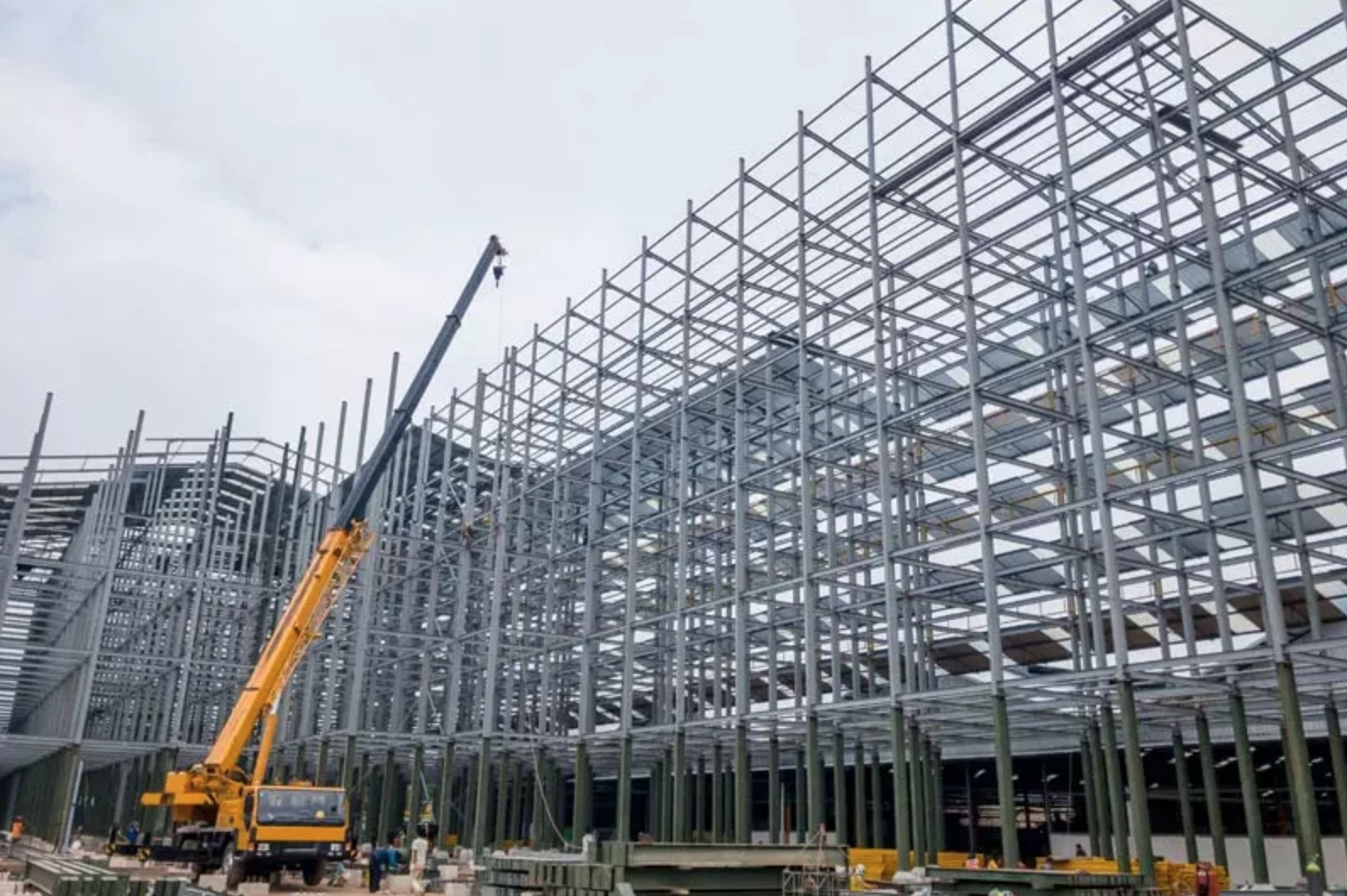Steel Trading
Steel prices are historically correlated with global economic performance, rising and falling in line with economic output.Steel Trading Across Industries
Steel is an alloy of iron and carbon that often includes other elements such as manganese, chromium, nickel and tungsten. It is an important commodity because it is extremely strong and relatively low cost, making it suitable for industrial uses in construction, infrastructure and manufacturing.
Steel prices are historically correlated with global economic performance, rising and falling in line with economic output. Steels price is also dependent on the cost of its constituent products and the costs of shipping them.
A few industries that use stainless steel:
| Chemicals and Pharmaceuticals |
|---|
| Medical Equipment Manufacturing |
| Architecture and Construction |
| Offshore and Shipbuilding |
| Automotive Manufacturing |
| Energy and Industry |
| Food and Catering |
The development of stainless steel represented a revolution in construction and architecture since it has many advantages when compared to other similar materials. It has the benefits of durability and strength with less need for maintenance.
Civil engineering is constantly improving by implementing new techniques, and stainless steel is essential for many projects because of its excellent features.
We can help source the steel you desire at a competive price. Contact us through our Base Metal Enquiry Form and we will get back to as soon as we can.
Types of Steel
There are many grades and surface finishes of stainless steel available depending on the environment the metal is expected to withstand. Based on the microstructure, they can be classified into four major categories.
Choosing the right stainless steel grade for your application is important as their properties can be quite different from each other. At Global Trading we can help and guide you through the process in selecting the right stainless steel for your applications. The AISI (American Iron and Steel Institute) system for naming stainless steel is still used by the industry. The numbering system uses three-digit numbers starting with 2, 3 or 4.
Other Base Metal Types
Steel
Steel is an important commodity because it is extremely strong and relatively low cost, making it suitable for industrial uses in construction, infrastructure and manufacturing.
Copper
The applications of copper make it a sought-after metal by a large number of industries. Its wide range of uses makes it a popular commodity to buy and trade. It’s an efficient conductor of heat and electricity.
Aluminium
Aluminium is the most abundant mineral on Earth behind oxygen and silicon, making it the most abundant metal naturally found on the planet, and the second-most used metal globally, behind only iron.
Iron
Cast iron is highly favoured for its ability to be easily cast into complex shapes when molten and for its low cost. Cast Iron properties can be easily altered by adjusting the composition and cooling rate without significant changes to production methods.
Nickel
Nickel is one of the most versatile metals found on earth and is one of many resources that allows us to live and prosper in a the modern world.

